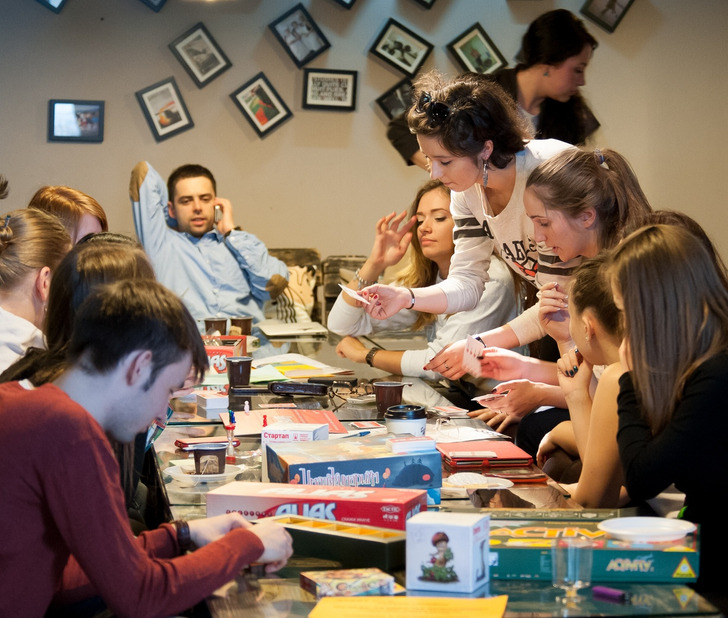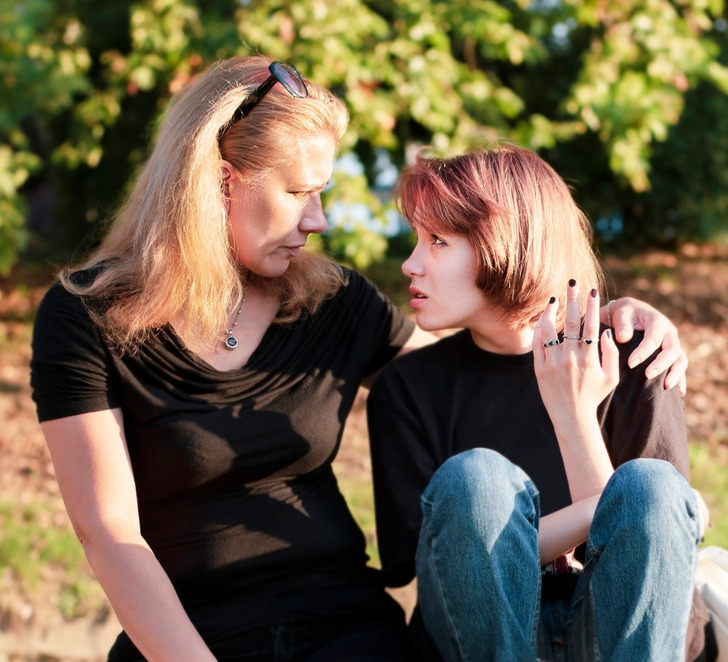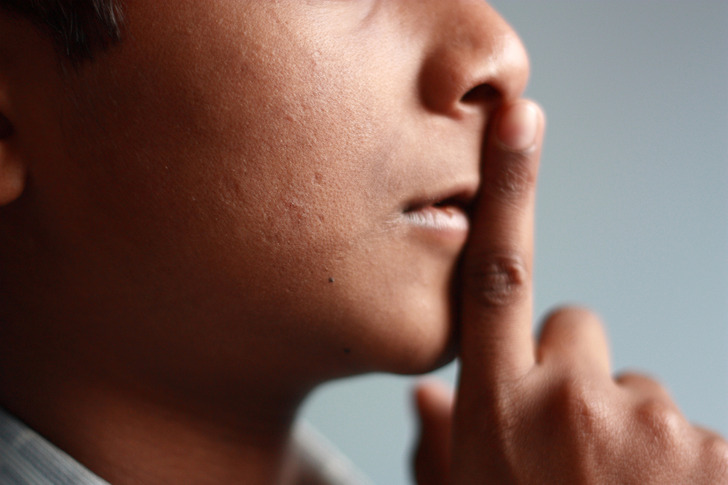13 Non-Obvious Indicators That You Are in a Toxic Relationship
Nobody wants to be in a toxic relationship, but sometimes it’s hard to tell you’re in one. If you can’t protect yourself from such risks, it’s better to know what such a relationship looks like. Fortunately, you can detect an abusive relationship long before it’s too late. You just need to know what to watch out for.
CHEERY has collected all the alarm bells that may indicate that you are in a toxic relationship. Sometimes, it’s painful to be honest with yourself, but accepting this fact helps you move on by either solving the problems together or ending a hopeless relationship.
You put love above everything else.
This sounds strange, but prioritizing love can be toxic. A healthy relationship is based on mutual respect, trust, and affection. And if partners put romance above all else, they might tolerate bad attitudes just to preserve the relationship. Of course, passion and affection are important, but only when coupled with emotional maturity can these feelings bring happiness and stability.
You speak the language of criticism and sarcasm.
We’ve heard about the 5 languages of love, but sarcasm is not one of them. Communication built on seemingly innocent jokes and remarks may indicate a toxic relationship. Ignoring this can lead to divorce. According to recent studies, partners that often make such jokes about each other are on the verge of divorce.
You keep score with your partner.
In a relationship, it’s natural to strive for balance and equality. But what’s not natural is comparing how caring the partners are. This way, it turns into a market where one service is equal to something else, and the partners become competitors trying to prove who is best. In a healthy relationship, there’s no need to estimate each other.
You use offensive nicknames.
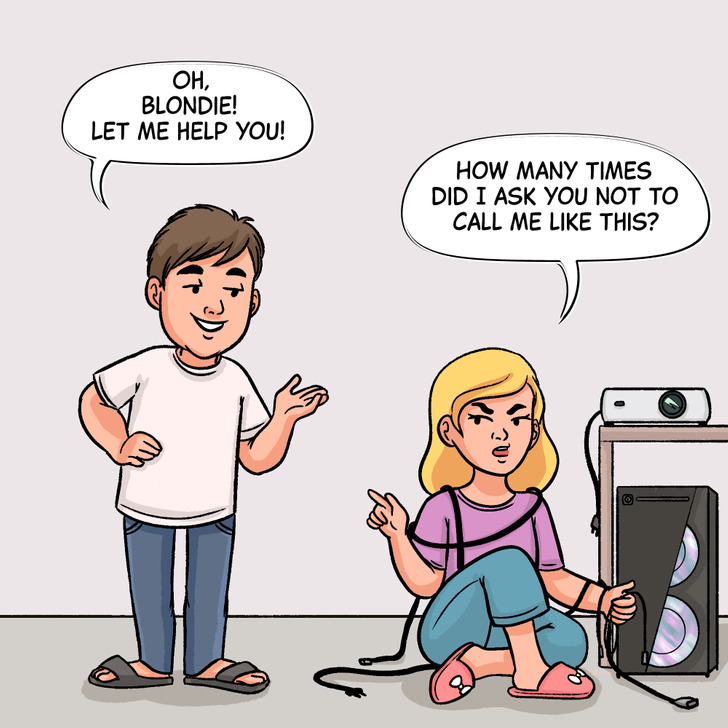
Giving each other cute nicknames is a fun part of a romantic relationship. Nonetheless, it’s totally different when these nicknames are offensive. For example, calling a woman “blondie” every time she makes a mistake is bad, even if she really is blonde. Of course, it can happen once or twice, but partners should hear each other and learn from their mistakes.
You’re together only when you’re bad.
We expect support from our partners when something bad happens to us. But you have a problem if your soulmate only helps you when you’re in trouble and then disappears when you’re okay. If your partner sees your success as a threat and makes you feel guilty, it’s a red flag. In a healthy relationship, partners support each other in sickness and in health.
You violate your financial arrangements.
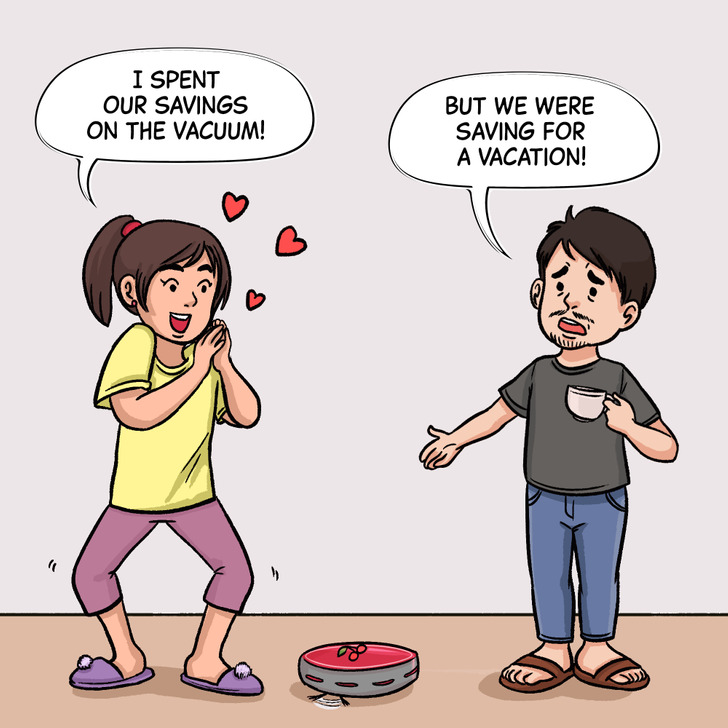
Controlling behavior may show itself in different ways — from recommendations on what to wear to actual ultimatums about friends and work. The same works for financial agreements. If you decide to have a shared budget, and you have a list of rules and goals but your partner keeps breaking them, this is an alarming sign that you should react to.
You act differently in public.
In an abusive relationship, people choose one of 2 tactics. They either fool everyone by looking very caring about you, or they become cold and estranged, gaining control over your behavior. People in love shouldn’t change roles like actors in a theater.
You defend your partner from your friends and family.
It’s not easy for your friends and family to criticize your relationship. But if they start doing it, it’s an alarming sign. Of course, you might think that nobody knows your partner as well as you do. But this is the danger here. In a toxic relationship, it’s so easy to convince yourself that your abusive partner is right, even when you know he or she is not. It’s not pleasant to have to protect your partner from friends and family. But it’s a sobering revelation that gives you a much-needed perspective.
You are fully consumed by the interests of your partner.
Starting a relationship, we often step outside our comfort zone and try something new. Broadening our horizons is a way of development, but it’s important to keep things in balance and not sacrifice your hobbies in the name of your partner. Prioritizing your partner’s well-being is a bad habit that is hard to shake off. And everyone suffers. A person may lose their identity and betrays themselves, while the other one gets bored.
You try to solve problems with gifts.
A relationship where one partner tries to appease the other one every time they have a conflict is not healthy. In the end, the giver will feel like a faceless ATM, and the taker will get used to not being heard. There’s a way out. Problems are solved in negotiations, and gifts are for making people happy.
You’re together all the time.
At the start of a relationship, it’s hard to be apart, but there has to be a limit. If you spend all your time together, and when you are not together, you always know where your partner is and with whom, there’s no personal space. In this case, there’s probably a problem with the base of any relationship — trust.
You watch what you say when your partner is around.
People who are in a toxic relationship know the feeling of fear. When their partner is around, they have to choose words carefully in order not to anger them. Tiptoeing to avoid conflict is a reason to consider whether your relationship is okay.
You doubt if you are sane.
Another frequent sign of a toxic relationship is gaslighting. Gaslighting in relationships is a form of psychological manipulation or emotional abuse that makes you question your own senses. Narcissistic abusers or people with borderline personality disorders often do this. This is their way of protecting themselves in a relationship by pretending to be a victim and fighting for the convenient version of what’s happening.
Do you believe that a toxic relationship can be fixed without breaking up?




